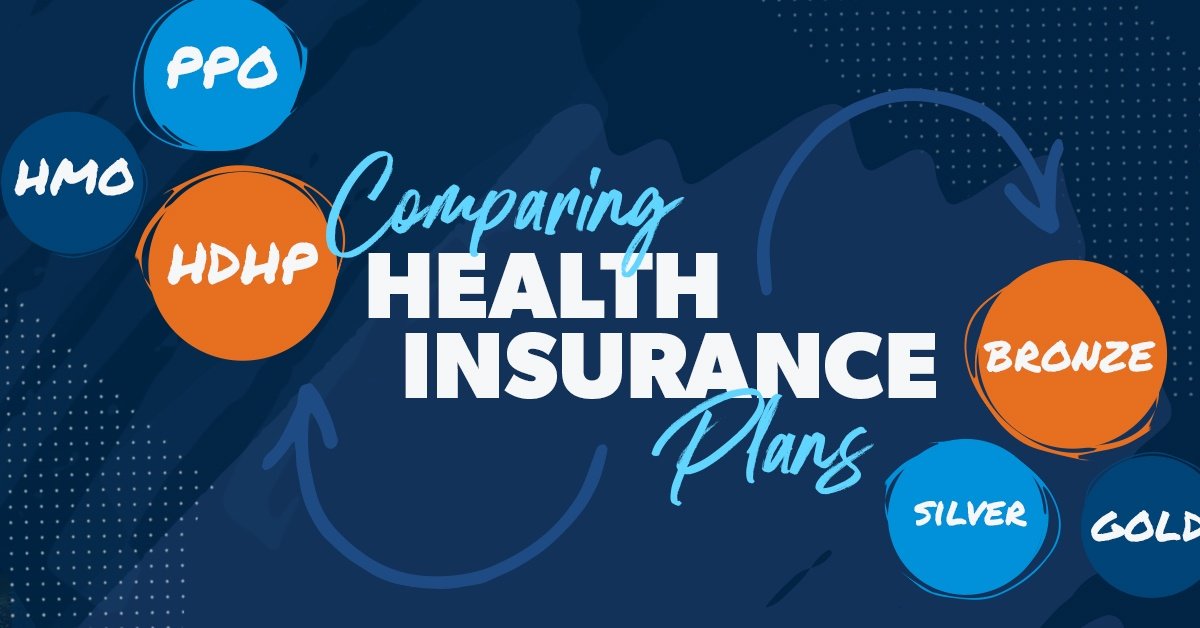


The health insurance industry is undergoing a digital revolution, and Artificial Intelligence (AI) is at the forefront. From streamlining operations to enhancing customer experiences, AI is helping insurers become faster, smarter, and more efficient. In this blog, we’ll explore how AI is transforming the health insurance landscape—and what it means for providers, brokers, and policyholders alike.
AI allows insurers to move beyond static data and outdated models. With machine learning and predictive analytics, insurers can:
Analyze medical histories, wearable data, and lifestyle indicators
Predict health risks with far greater accuracy
Automate underwriting decisions within minutes
This leads to personalized premiums and faster approvals—benefitting both insurers and consumers.
One of the biggest pain points in insurance is claims. AI solves this by:
Using Robotic Process Automation (RPA) to auto-approve simple claims
Flagging suspicious or duplicate entries in real-time
Providing customers with instant status updates via bots or apps
The result: less paperwork, faster reimbursements, and reduced fraud.
Say goodbye to long hold times. AI enables:
24/7 chatbot support for questions like “Is my doctor in-network?”
Voice-based virtual assistants in call centers
Smart routing to human agents for complex needs
AI improves both efficiency and customer satisfaction.
AI analyzes your health usage patterns and preferences to suggest:
Best-fit plans based on budget, medications, family size, and more
Alerts for unused benefits or upcoming deadlines
Recommendations for preventive care services
This turns the insurance experience into a personalized wellness journey.
AI helps combat health insurance fraud by:
Identifying billing anomalies and patterns
Flagging excessive procedures or duplicate claims
Supporting regulatory compliance with automated checks
This keeps healthcare costs down—and trust levels high.
Beyond just insurance, AI is powering better health outcomes:
Predicting chronic disease risks
Recommending personalized screenings
Helping insurers offer value-based care models
AI makes healthcare not just reactive—but preventive.
AI supports regulatory compliance and data protection by:
Monitoring HIPAA compliance in real time
Identifying unusual access or usage patterns
Encrypting and protecting sensitive health data
Data privacy and AI go hand in hand—especially in insurance.
AI is revolutionizing how we manage, deliver, and experience health insurance. It’s not about replacing people—it’s about augmenting human support with smarter tools. For insurers and consumers alike, AI is delivering efficiency, accuracy, and a better healthcare journey.


